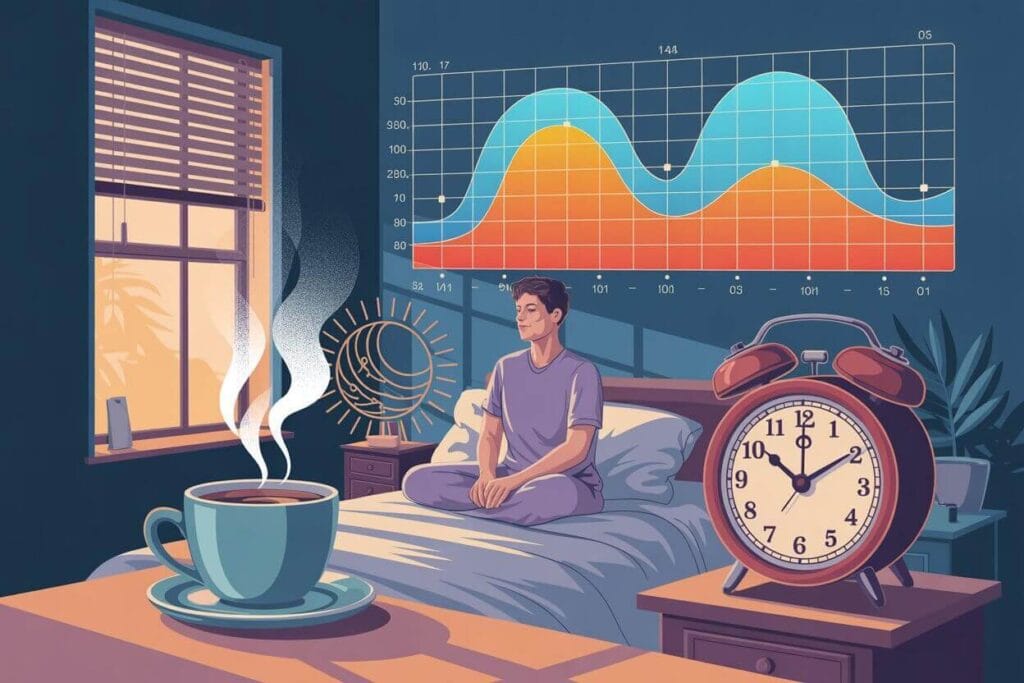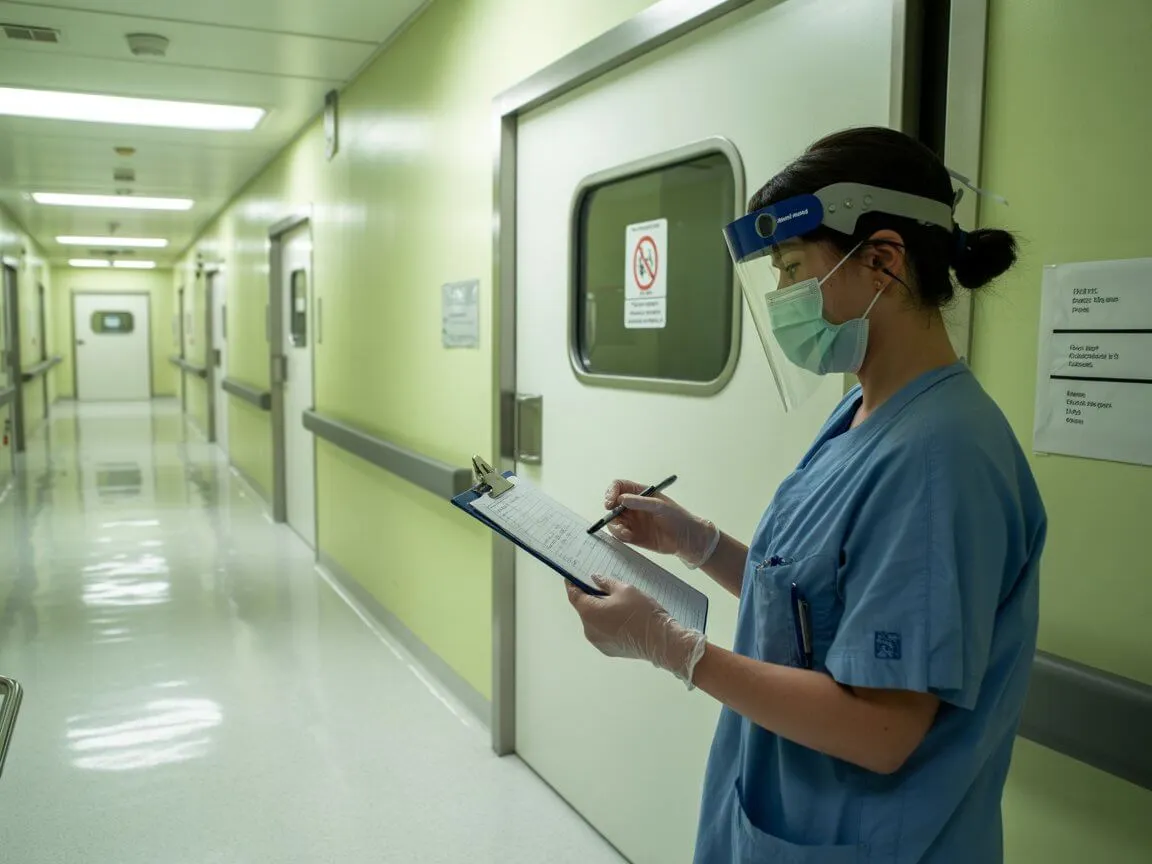Ever wondered if sipping coffee on an empty stomach might be doing more harm than good? If you’re like millions of Americans, your day starts with a warm mug before breakfast even crosses your mind. But while that morning ritual feels comforting, science suggests it’s worth a closer look.
Let’s break down five facts — backed by research — about the effects of coffee on an empty stomach, and how to enjoy your brew without upsetting your gut.
Is Coffee on an Empty Stomach Really Harmful?

The idea that coffee on an empty stomach is harmful has sparked countless debates. Some call it a myth, others swear it worsens bloating, reflux, or stomach aches.
The truth? It depends on your body and overall digestive health.
Drinking coffee first thing in the morning does increase stomach acid temporarily, which may irritate those with sensitive digestive systems. However, for most healthy people, the stomach’s natural defenses can usually handle this acidic hit just fine.
A comprehensive review found that coffee stimulates the secretion of gastric acid, bile, and pancreatic fluids — which can irritate individuals with conditions like reflux or gastritis. However, in healthy people, the gastrointestinal tract generally tolerates these effects well (Nehlig, 2022).
Bottom line: If you often feel stomach discomfort after your morning cup, it’s worth exploring timing and food intake. For everyone else, the risks may be overstated — but not nonexistent.
How Coffee Acidity Affects Your Stomach Lining
Let’s talk coffee acidity — a big factor in how your gut reacts.
Coffee contains chlorogenic acid, a compound that may contribute to increased acidity in the stomach. While this isn’t an issue for most people, those with sensitive stomachs might feel the burn — literally.

Light roast coffees tend to be more acidic than dark roasts. That’s because roasting reduces acid content, making dark roast a better choice for anyone worried about coffee acidity and its effect on gut lining.
If acid reflux or irritation is common for you, opting for a lower-acid bean or cold brew — which is naturally less acidic — might help.
Coffee, Cortisol and Your Morning Routine
Here’s where science meets your sleep schedule.
When you wake up, your body naturally spikes cortisol — the “alertness” hormone. This peak typically happens between 6 a.m. and 9 a.m. Some researchers suggest that consuming caffeine during this window could potentially amplify cortisol’s stimulating effects, which might increase jitteriness in more sensitive individuals.

While no clinical trials have tested whether delaying coffee by 60–90 minutes improves tolerance, research does show that caffeine interacts with the body’s circadian rhythms. For instance, a 2015 study found that consuming caffeine in the evening delayed melatonin production and shifted the biological clock by up to 40 minutes (Burke et al., 2015), suggesting that caffeine timing can influence hormonal cycles.
So if you often feel wired or anxious mid-morning, consider experimenting with having your coffee a bit later — after a light breakfast or once cortisol levels have naturally dipped.
Can Coffee Trigger Acid Reflux or Gastritis?
If you’ve ever felt heartburn after coffee, you’re not alone.
Coffee relaxes the lower esophageal sphincter, which can allow stomach acid to creep up — a classic cause of acid reflux. For people with gastritis, the inflammation of the stomach lining, caffeine and acidity can make symptoms worse.
Excessive coffee consumption — typically more than 5 cups per day — has been associated with increased reflux symptoms and potentially worsened outcomes in people with inflammatory bowel conditions, according to a 2024 literature review (Saygili et al., 2024).
If you experience frequent discomfort, talk to your doctor. And yes — having coffee with a light meal can often buffer its harsher effects.
Tips to Enjoy Coffee Without Upsetting Digestion
You don’t have to quit coffee — just tweak how you drink it.
Here are some gut-friendly ways to keep your daily brew a joy, not a pain:
- Eat something light first: A banana, toast, or oatmeal can help buffer acidity and prevent discomfort.
- Switch to low-acid or dark roast beans: These are gentler on the stomach and reduce the chance of irritation.
- Try cold brew or decaf: Cold brew is 65% less acidic than hot coffee. Decaf removes caffeine, which some sensitive stomachs prefer.
- Avoid high-sugar creamers or additives: They can worsen bloating or inflammation, especially in sensitive individuals.
- Track your body’s signals: Keep a mini journal or use a sleep tracker. If your gut or energy crashes seem connected, consider adjusting your timing.
Want more tips to better understand your body’s signals? Check out our post on How to Better Understand Your Body’s Signals.
Final Thoughts: Coffee on an Empty Stomach — Friend or Foe?
Drinking coffee on an empty stomach isn’t dangerous for everyone — but for people with gut sensitivities, it can trigger unpleasant symptoms like acid reflux or irritation. Being mindful of acidity, timing, and food pairing can make all the difference.
Ultimately, it’s not about cutting coffee — it’s about drinking smarter.
Medical Disclaimer: This content is for educational purposes only and does not replace professional medical advice, diagnosis, or treatment. Always consult your physician or a qualified healthcare provider with any questions about a medical condition.










